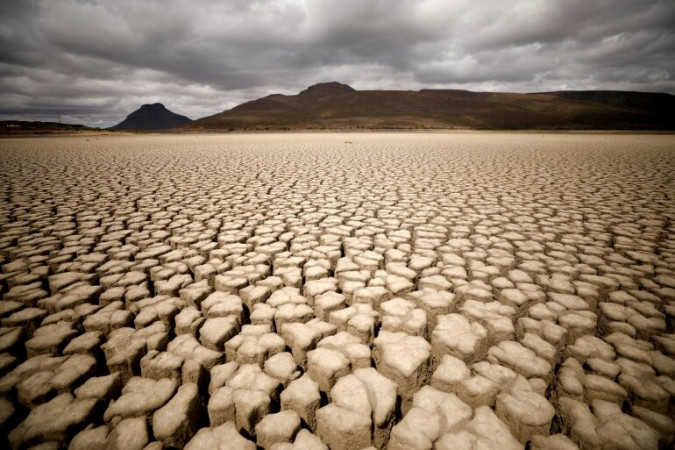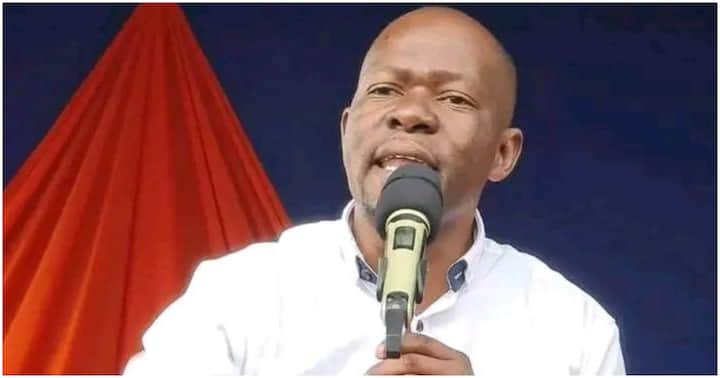Leaders must act on global push to save Earth

Protest marches marked the end of the first week of the COP26 climate conference, with the youth and indigenous peoples indignant at the slow action to save nature from the climate crisis.
At the conference in Glasgow, Scotland and 200 locations across the globe, young protesters raised their voices, expressing their discontent with governments and world leaders on the current state of climate action or what some called “climate inaction.”
Kenya, as the host of the United Nations Environment Programme, must be at the forefront in global efforts to avert a climate calamity. We must support the youth’s appeal for action on climate finance, mobility and transportation, wildlife protection and environmental conservation.
Chanting “no more blah blah blah and “protect environmental defenders,” the marchers warned of the looming climate catastrophe facing planet Earth.
As the ones who will inherit the Earth, the youth voices were loudest, and they are right – new national commitments thus far to reduce carbon emissions are not enough.
In its latest updates, the United Nations Framework Convention on Climate Change (UNFCC) notes that a sizeable increase, of about 13.7 per cent, in global greenhouse emissions in 2030 compared to 2010 is anticipated.
For the world to curb global heating, now at alarming levels, and avoid disastrous consequences, emissions must be cut by 50 per cent in the next nine years, states the report. World leaders must do more to bridge the global climate ambition gap.
Unchanged global policies on carbon emissions will lead to failure to meet the minimum required 2030 target to contain global warming to between 1.5 and 2 degrees Celsius.
Youth are leading the crusade for the global community to do more to stem climate change, mourning: “You’ll die of old age… we’ll die of climate change.”
Renowned English broadcaster and natural historian, Sir David Attenborough, 95, says the fact that the people most affected by climate change are not some imagined future generation but young people alive today, gives us impetus to rewrite nature and humanity story.
It is not all gloom and doom though. President Uhuru Kenyatta told the summit that Kenya has developed a plan to maintain low carbon emissions, aiming at a full transition to clean energy. He called for the transformation of conservation finance in Africa by compensating the continent for storing carbon and tackling climate change.
Countries at the summit pledged to phase out coal-fired plants, the single biggest contributor to climate change. Although the timeframe for implementation was not clear, top financial institutions pledged to stop funding for local and international coal projects.
Ministers will this week finalise technical and finance negotiations on the implementation of the Paris Agreement relating to gender, agriculture and national adaptation plans. The Glasgow Forest and Land Use Declaration covering 93 per cent of the world’s tree cover has been signed by 134 countries.
Some new commitments were made to invest in nature-based solutions and greener farming practices. Commitments were also made to provide new funding to defend the quality of oceans and protect the livelihoods of millions of people who depend on the marine environment.
A new commitment by 45 governments pledges urgent action and investment, to protect nature and shift to more sustainable ways of farming by transforming agriculture and food systems through policy reforms, research and innovation.
This move, which includes leveraging over $4 billion in new public sector investment in agricultural innovation, will help reduce emissions, protect nature and secure food and jobs.















